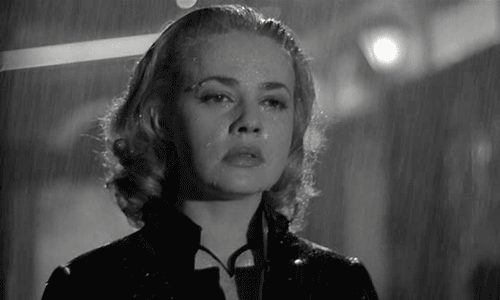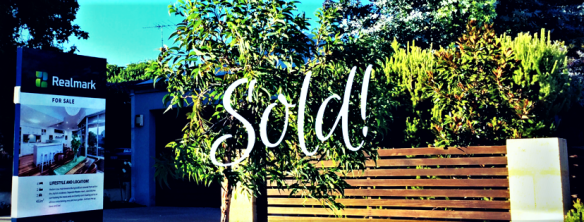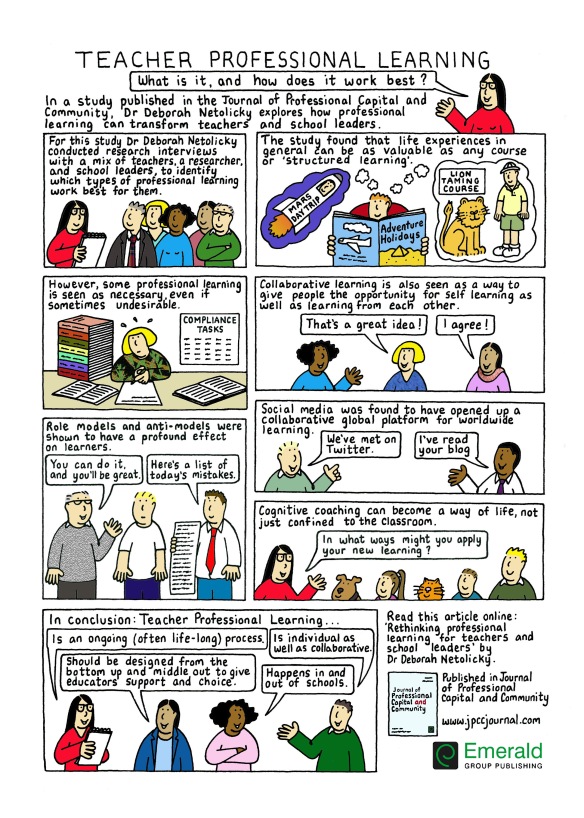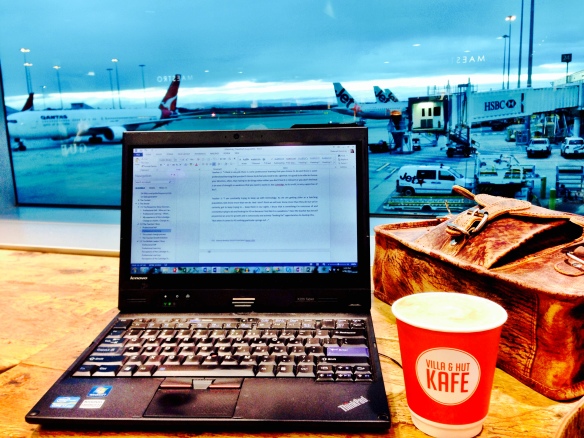Last night, I had the remarkable privilege of receiving the ACEL Hedley Beare Award for Educational Writing from the Australian Council for Educational Leaders at the National Awards Ceremony.
Educational writing has been something I have done to give back to the education space, to connect with others, and to encourage others in schools to be part of the narrative about schools. My Google Scholar profile summarises much of this work.
Below I share my acceptance speech.

I am incredibly honoured by the distinct privilege of receiving this award tonight.
As I think about Professor Hedley Beare, after whom this award is named, and his significant writing and contribution to education, I am in awe of his 18 books, 40 book chapters and hundreds of journal articles. I look at the list of previous awardees, including those that are incredibly well-known in education, such as Robert Marzano, John Hattie, Pasi Sahlberg, and Viviane Robinson. I feel humbled that my name has now been added to this list.
Receiving this award has me reflecting on why I write and what I have written. As a child I wanted to be an author, and I tried to write my first novel at around 8 years old. I think I got to about 30 pages and 3 chapters before I gave up that novel, but I still remember the main character, Lesley, and her Nancy-Drewe style adventures.
My educational writing has been borne out of a commitment to the teaching and school leadership profession, a desire to speak out into and help to shape education narratives, and the sense of nourishment I get from reading the writing of others, being informed by it in my thinking and practice, and from collaborating with others in writing projects.
I have been reflecting on what I like to think of as the ‘family tree’ of educational leadership and educational writing in Australia. Of the educational leaders who have supported me through my career, of the educational writers and researchers who have engaged me in conversation, in the colleagues in schools and the academy who have worked alongside me, engaged me in robust debate, and encouraged me.
Writing about education has been something I have done while working full time in schools. Some of my recent writing has been around the still-fairly-emerging concept in education of ‘pracademia’ – a concept that thinks of practice and research as both/and rather than either/or. Trista Hollweck, Paul Campbell and I define pracademia as the plurality of spaces, and the space itself, occupied by those interacting within, between, and beyond the domains of practice and academia, and involving the components of identity, community and engagement. For me, pracademia as a concept encapsulates the valuable networks and constructive collaboration between educators across and between education spaces. This is a space I feel I have inhabited as I have written from my work inside schools and sought to contribute beyond the walls of the schools in which I have worked.
This year’s ACEL conference theme—Learning from the past, Leading for the future—encapsulates what we need in education: to honour and seek to understand our past, while working to serve our students and communities into the future.
Some of the takeaways of the edited book, Future Alternatives for Educational Leadership, are that leadership requires intuition, adaptive responsiveness, and continuous learning, combined with systematic, critical, and intentional work. That educational leaders need to be reflexive in their practice, actively seeking to examine, interrogate, and challenge our beliefs, practices, and the norms and structures operating in our schools and systems. That leadership should work to balance the needs and care for each individual with the needs and care of the whole. It is about knowing our contexts and communities and responding to their needs. About openly addressing complex or difficult issues and looking for ways forward, even if these turn out to be unsuccessful. About making space for diversity of perspectives and knowledge systems, including those of Indigenous and culturally marginalised groups. Doing good, not looking good. Doing the right thing, not the popular thing. Serving others and focusing on the humanity of our work. Leading from the past and for the future requires creative, critical, and novel approaches, balanced with appreciation for, understanding of, and learning from history and tradition.
Writing for me has been sustaining, and it is wonderful to think that my contribution to educational writing is something that might support and positively influence others. Really, though, it is the ecosystem of educational writing, in which we connect with others and build upon the work of others, that is most valuable. We are better together. We are better because of who has come before, and we are better when we support those who will come next.
As I reflected on accepting this award tonight, I thought back to my PhD thesis, which used Alice’s Adventures in Wonderland as a metaphor for education, professional identity, professional learning, and school change.
The last lines of my thesis explore the hope I have for educational writing – that listening to the stories of others and sharing a range of perspectives might transform us individually, collectively, and as a profession. I will finish by reading some lines from the final passage:
“Alice remembered how she had fallen slowly down the strange and marvellous rabbit hole, touching the creased spines of books and the smooth wood of ornaments as she fell down, down, down. She thought of those she had met and whose stories she had heard along her curious journey.
She had known who she was when she got up that morning, but Alice had changed so many times since then! The process of adventuring down the rabbit hole and through all the tangled paths of Wonderland had been a cocoon in which she had been transformed, and from which she had emerged ablaze with new colours and fresh insights.”









